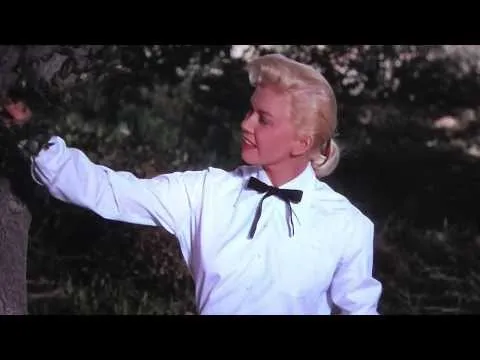
Cover for Roberta Flack's 1980 UK album, featuring "The First Time Ever I Saw Your Face"
Puzzler #7: Once and ever
So far I've discussed confusion among Chinese students about he and she, how to spell "true" and "know," how to write the letter "E," when to use "let" and "make," and how a "vocation" is not a fun "vacation." Here's another pair of words I see students often mix up.
While native speakers usually have no trouble distinguishing the words "once" and "ever," Chinese learners seem to have a harder time, because “ever” has multiple meanings, one of which is similar to a meaning of “once.” (See album cover above.)
I’ll try to clear things up.
“Once” and “twice” (and “thrice”) belong to the same family, so to speak. Once means “one time,” twice, “two times,” etc. Once and twice (and their shy sister, thrice, who hardly ever (ha!) appears in public) refer to distinct occasions or events in time.
Please press the button only once. (That is, one time.)
[By the way, the word “only” also comes from the word “one.” In Old English (pre-1066) "one" was spelled an and "only" was anlic. Old English an (one) also gave us the indefinite articles “a” and “an,” which each mean “one of something.”]
But that rascal Once has an additional meaning his sisters do not have. Once can also mean an indefinite point in time, which may have been just one of many.
I once visited Beijing, and had a great time!
This could mean "I went there only one time in my life and had a great time," or it could mean "I have been there several times, and had a great time on one special occasion." The exact meaning can be a little vague if you don’t have any other context.
Once can also mean “as soon as.”
Once I heard the school bell ring, I knew I was late again.
[Note that this suggests it happened only one time – when he first heard the bell.]
Once often begins children’s fairy tales:
Once upon a time, there was a beautiful but poor girl named Ella.
And songs:
Once I had a secret love
That lived within the heart of me
All too soon my secret love
Became impatient to be free
-- From the 1953 movie, Calamity Jane
In both these cases, “once” suggests we are talking about temporary states of being that happened sometime in the past. Ella, also known as Cinderella, didn’t stay poor; she married a handsome prince. Calamity Jane’s secret love stopped being a secret when she told the guy her true feelings.
In all of these situations, “once” suggests a temporary situation, not one that has lasted a long time. Something happened in the past, and then it was over, like pushing a button "only once."
Remember this as we move onto “ever.”
Just as "one" and "once" are related, so are "ever" and "every." Like most short words in English, they come from Old English. "Ever" comes from OE ǣfre while "every" is a contraction of ǣfre ǣlc, ǣfre (ever) + ǣlc (each). OE ǣfre probably meant “always in life,” while ǣfre ǣlc meant “always each time.”
But as time went one, "ever" acquired additional meanings. It can mean:
always – She was ever in my dreams.
at any time – Have you ever visited Paris?
In any way – How can I ever thank you?
To a greater degree – His love for her grew ever stronger.
"The first time ever" is a phrase that means "it did not happen at all until that one moment, and now it happens all the time."
“Ever” has always meant “always,” as in, “not just one time, but all the time,” while “once” suggests “one time in the past, now gone” or “not any more.”
But here again, context matters. Take for example these two sentences.
She was once in my dreams.
She was ever in my dreams.
The first can suggest the fellow (or the gal, to be fair) dreamt about her at one time, but the feeling passed. Or it can mean he (or she) dreamt of her often, but the feeling passed. Maybe they found someone else.
The second can mean he dreamed about her a lot (poor fellow!), perhaps each night, but the past tense suggests that the feeling also may have faded away. Or he could be dreaming about her even now. Without further information, we can’t be sure.
Still confused? I don’t blame you. It’s hard to judge the exact meaning from just one sentence.
Try this:
If something happened one time, or for a short time, and did not repeat, use “once.”
If something happened over a long time, or always, or is still happening, use “ever.”
As for the title of this article, is it correct? If you said “no,” then you are on the way to master “ever” and “once.”
References: Merriam-Webster Dictionary
The song "Secret Love," is from the 1953 movie, Calamity Jane, starring Doris Day. It has been recorded by other artists many, many times since.
The song, "The First Time Ever I Saw Your Face," was written as a folk song in 1953 by Ewan MacColl and made famous in 1972 as a ballad by Robert Flack.
The late George Michael recorded both songs for his 1999 album, Songs from the Last Century.

